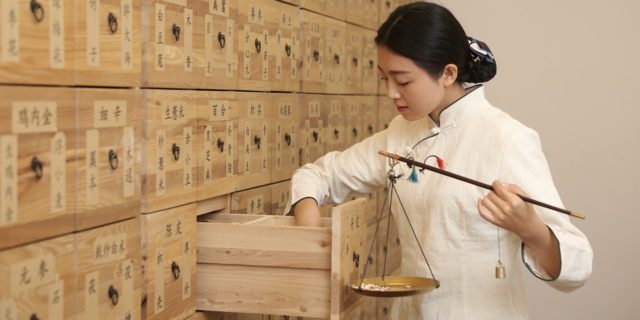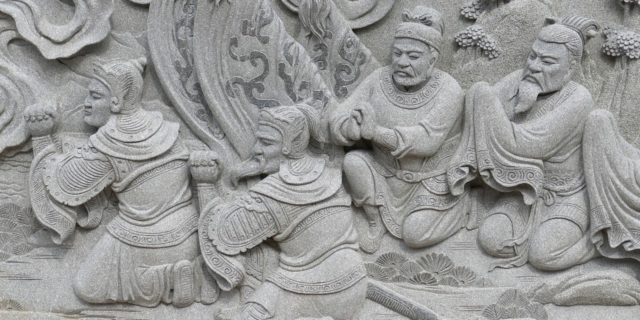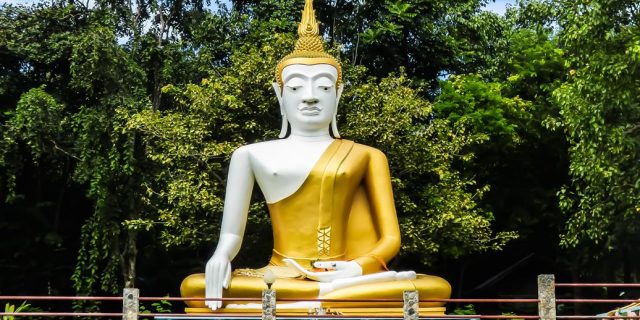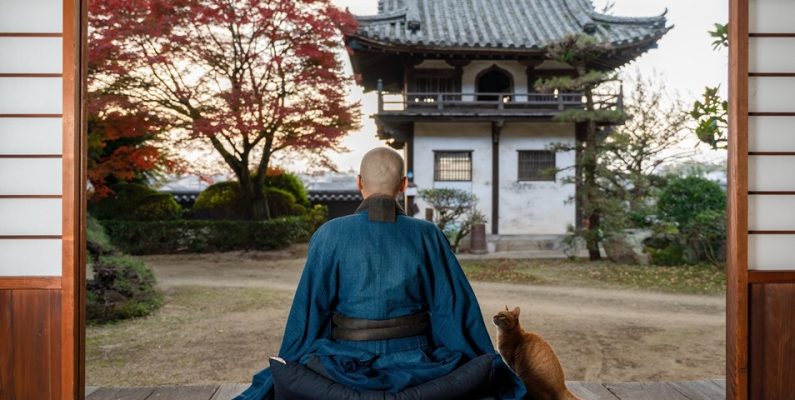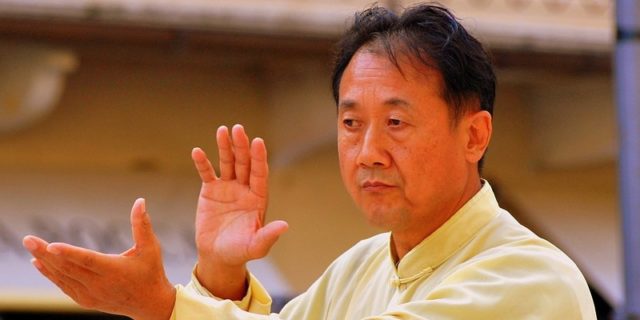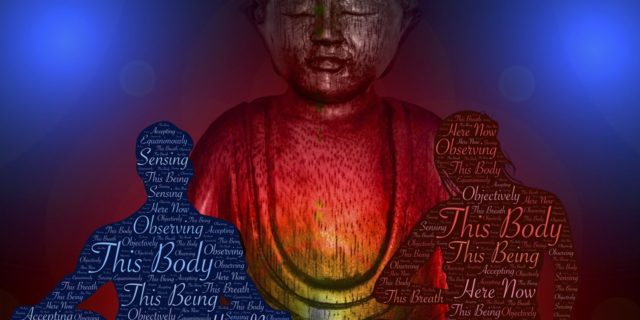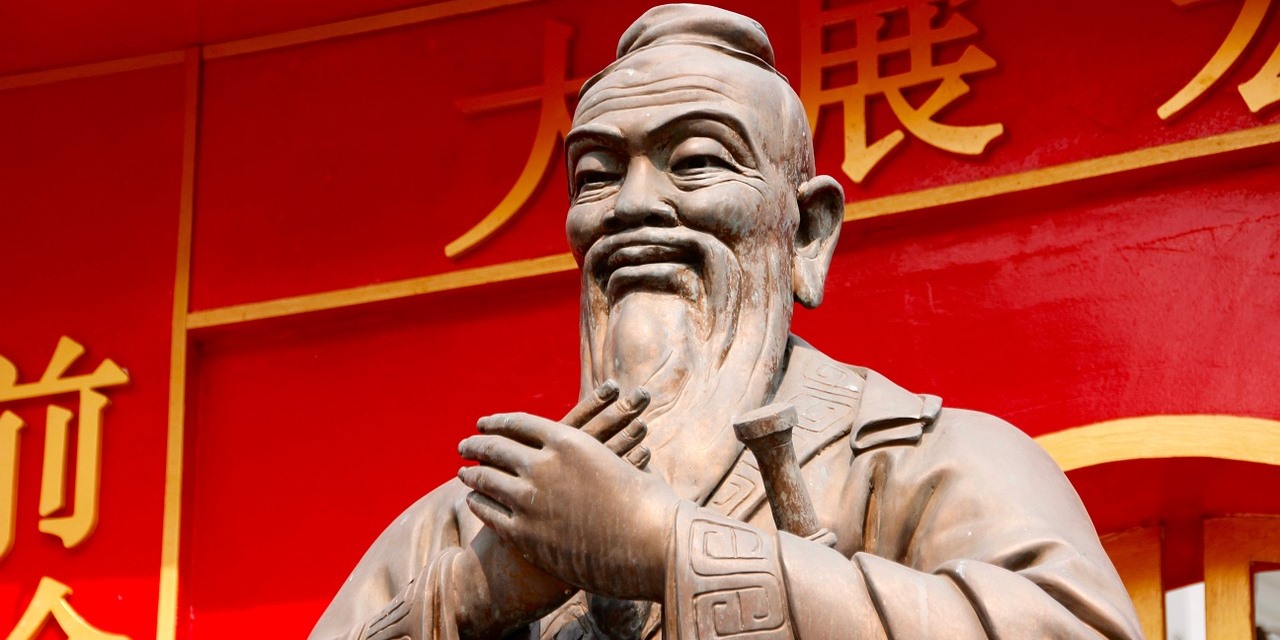
Confucianism is a philosophical, religious and humanistic system of thought and behavior, which originated in ancient China. Confucianism developed from the teachings of the Chinese philosopher Confucius (551 – 479 BCE) and had, among other systems, its share of influence on Traditional Chinese Medicine (TCM).
Throughout its existence Confucianism has known various periods of suppression (in favor of, for instance, Taoism) and also revival, and it always managed to survive up to modern-day China in new forms of work-ethic and communal spirit. Note that Confucianism has been criticized throughout its history for its totalitarian tendencies.

As for day-to-day life Confucianism believes that human beings are fundamentally good, teachable, and improvable through personal and collective striving, notably by self-cultivation and self-recreation. Virtues, ethics and morality are considered important goals.
One of the important influences of Confucianism on TCM is its materialistic view and desertions of superstitions. This created a favorable social environment for the development and documentation of “objective” medicine, keeping TCM away from religion or superstition.
Practicing medicine has been seen as a way to build morality, and interest in medical careers was substantial in times where Confucianism prevailed. A successful career and high social standing in society meant becoming either a qualified government official or a medical practitioner.
An interesting aspect of Confucian thought in relation to TCM is that Confucianism focuses on the sanctity, preservation and wholeness of the human body and hence condemned the study of anatomy and surgical practices. Instead, it heavily promoted acupuncture and herbal medicines.






